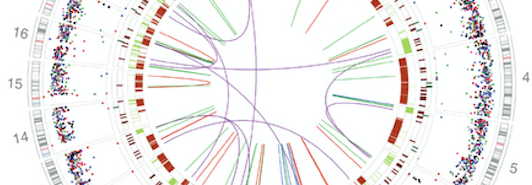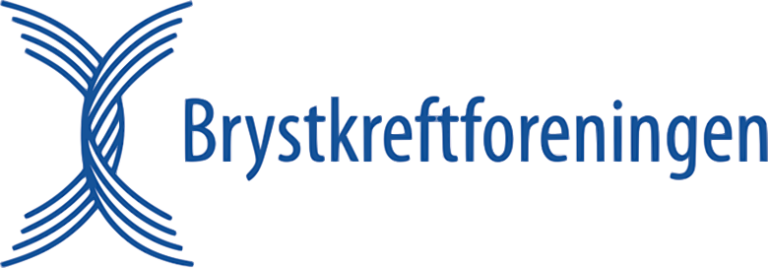Network member Anne-Lise Børresen-Dale is a co-author on the paper HRDetect is a predictor of BRCA1 and BRCA2 deficiency based on mutational signatures. The paper was published in Nature Medicine on the 13th of March. The research is based on results from Norwegian breast cancer patients, and OSBREAC has contributed with material for the study.
Between 1% and 5% of all breast cancer cases are due to inherited genetic variations in the BRCA1 and BRCA2 genes. Drugs classified as PARP inhibitors are designed to block mechanisms that repair cells with BRCA1/BRCA2 deficiency, resulting in cell death.
The scientists behind the Nature paper have developed a computer program, HRDetect, to identify whether the mutation profile of a tumor is similar to that of a BRCA1/BRCA2 deficient patient. The results of the paper suggests that around 20% of all breast cancer patients can benefit from PARP inhibitors. This lays a wider ground for new clinical trials, where more patients than before can be included to study the potential respond to PARP inhibitor drugs.
The paper is featured on the front page of Nature Medicine and the full article can be found here.

















